Why attend
Saving species or creating disasters? Many species that cannot shift or adapt to escape threats like climate change will go extinct. Suitable habitats beyond indigenous range could be temporary or permanent refuges to save them. But could invasive or other damaging impacts for nature or people be too dangerous? We want to hear from you!
Session agenda
Moderator
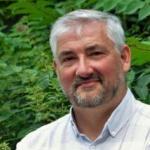
Speaker
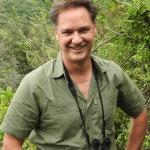
Dr Axel MOEHRENSCHLAGER
11:05 - 11:20
IUCN SSC Conservation Translocation Specialist Group ,
Director of Conservation&Science,Calgary Zoological Society
Canada
11:05 - 11:20

Dr Sarah DALRYMPLE
11:21 - 11:36
Senior Lecturer in Conservation Ecology,
Liverpool John Moores University
United Kingdom
11:21 - 11:36
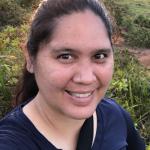
Mrs Laura DUENAS
11:37 - 11:52
Wildlife Biologist,
Guam Department of Agriculture
Guam
11:37 - 11:52
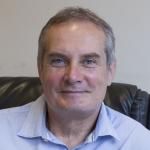
Dr Piero GENOVESI
11:53 - 12:08
Chair IUCN SSC Invasive Species Specialist Group,
Istituto Superiore per la Protezione e la Ricerca Ambientale
Italy
11:53 - 12:08
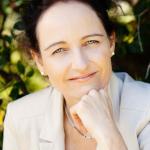
Prof. Wendy FODEN
12:09 - 12:24
Head: Cape Research Centre,
South African National Parks
South Africa
12:09 - 12:24


